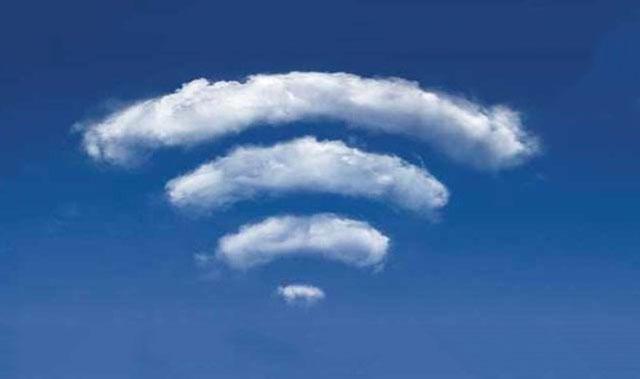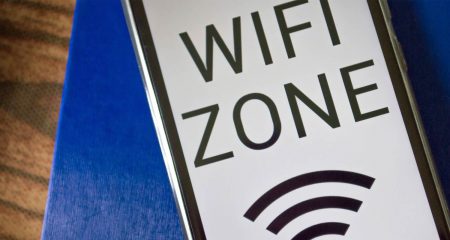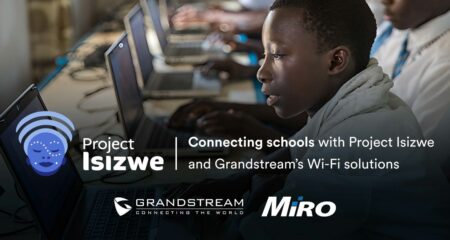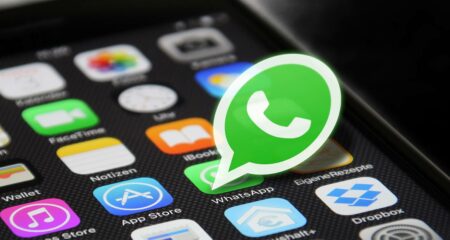 According to technology consultancy BMI-TechKnowledge, the City of Tshwane now has the largest municipal public Wi-Fi network in Africa. What started as a fantasy of making Internet access a basic service akin to water and electricity has become a dream that its starting to look like reality.
According to technology consultancy BMI-TechKnowledge, the City of Tshwane now has the largest municipal public Wi-Fi network in Africa. What started as a fantasy of making Internet access a basic service akin to water and electricity has become a dream that its starting to look like reality.
Today, 22% of buildings in Tshwane (greater Pretoria) are within walking distance of a free Wi-Fi zone, with 750 000 devices having connected and over 25m sessions being logged at an average speed of 15Mbit/s.
By 2017, all residents of the city will be within walking distance of free Wi-Fi, an outcome which bridges the digital divide and helps the poor to benefit from the enormous economic and education empowerment opportunities of the Internet.
Free Wi-Fi is a good story, but it’s not the whole story. It’s the rapidly increasing speeds of the network and falling costs of deployment that are amazing. In 2013, the average speed was 1Mbit/s; in 2014 7Mbit/s; and in 2015 15Mbit/s.
Over that period, the cost per site has fallen by 11%.
How does this happen? How can speeds increase by a factor of 15 while costs fall by 11%?
The secret is that the deployment is being managed by a non-profit company, Project Isizwe. Unlike private companies, Project Isizwe has no incentive to pay a dividend.
As with all telecommunications operators, enormous economies of scale are realised as the network grows, but instead of paying these surpluses out in the form of dividends to shareholders, Isizwe reinvests the surpluses into the network, making it faster and cheaper every year.
That’s why publicly funded Internet access should be done via municipal-owned entities (MOEs). You simply get more bang for buck.

Municipalities should copy the Tshwane model and create MOEs (like municipal water and electricity companies) to deploy public broadband networks. These MOEs do not compete with the private sector. Their mandate should not be broadband to every home or free phone calls, but rather to ensure all citizens are within walking distance of free Wi-Fi.
This reduces the pressure on the private sector to serve underprivileged areas, while allowing operators to focus on profitable business and upgrading their networks to improve quality and speed.
Telecoms in South Africa will in future have two tiers. Firstly, the private sector will provide broadband to households and mobility. And the public sector will provide free Wi-Fi in public spaces, specifically for the poor. If you can’t afford a car, you can’t expect the bus to stop at your door. But you can expect to be within walking distance of a bus stop.
- Alan Knott-Craig is founder of Project Isizwe




